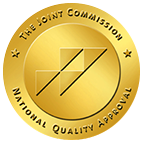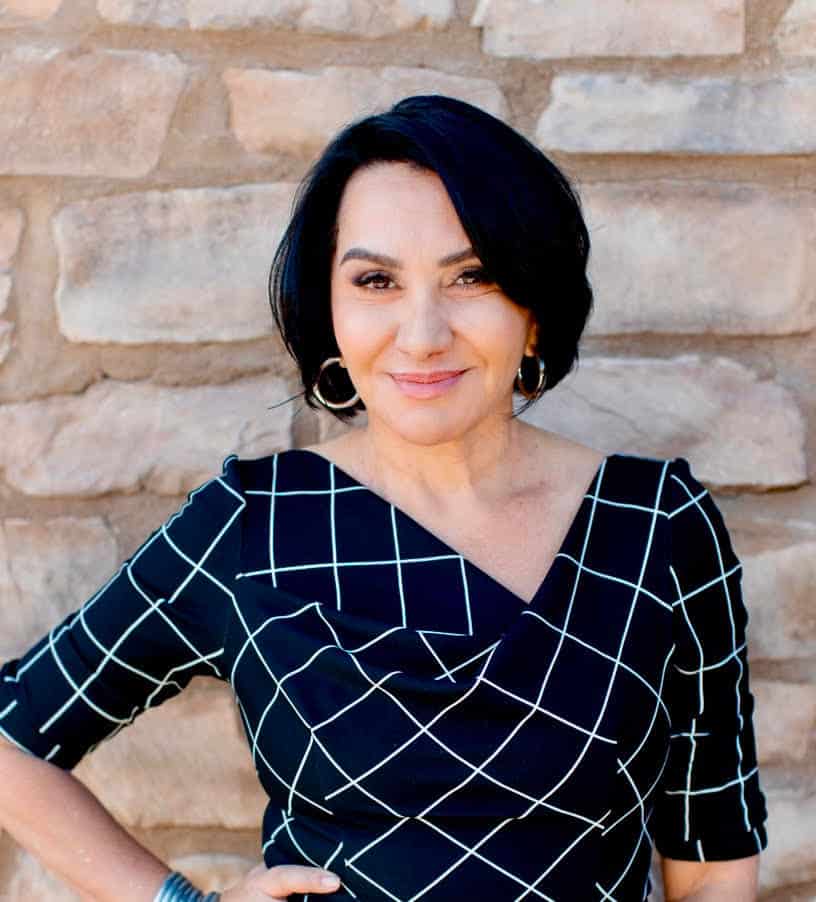Love Addiction
Take Our Love Addiction Test
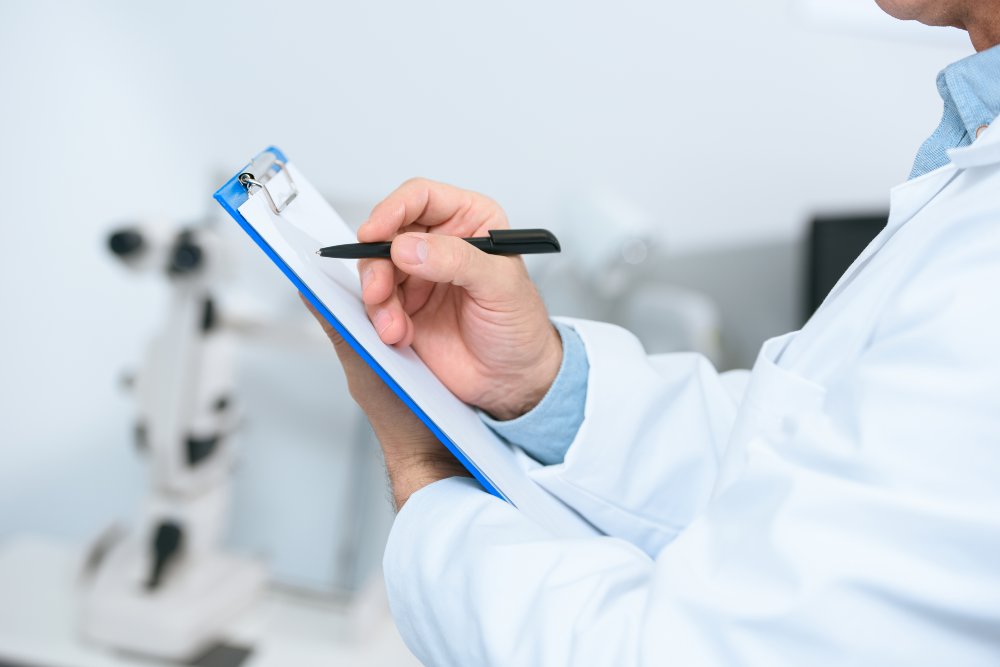
Take Our Love Addiction Screening Test
Love addiction is characterized by compulsively seeking romance despite the emotional, social, physical, or financial consequences.
Like other addicts, there is a component of codependency in love addiction. Some love addicts get caught in toxic relationships and become codependent on their loved ones. Love addiction and codependency often go together as love addicts will often go to any lengths to care for their partners.
Learning about love addiction and codependent patterns can help you gain a better understanding of yourself and your behavioral patterns. This can help you improve your self-esteem and build healthier love connections.
This online screening is not a diagnostic tool. Only a trained medical professional, like a doctor or behavioral health professional, can help you determine the best treatment for you.
What Is Love Addiction?
If you’ve been searching for love by returning to the same people who have hurt you in the past, you might be experiencing love addiction.
Those who experience love addiction find themselves obsessed with the experience of love or with a loved one. Many people develop love addiction in order to protect themselves against psychological pain. It’s common for love addicts to have a dream of being saved from their painful emotions by their loved ones.
Love Addicts often put too much value on affection and not enough value on their own sense of self-importance. This is why it’s so common for love addicts to put too much energy into unhealthy relationships. They often do this at the detriment of the well-being of themselves, their families, and their friends.
Not All Clinical Practitioners Agree on Love Addiction
Keep in mind that behavioral health practitioners have not yet classified love addiction as an official diagnosis. Many people hesitate to use the term “addiction” to refer to anything that’s related to passion and love.
Love Addiction and Other Addictions
There is a strong relationship between love addiction and other types of addiction. Generally, addictions are related to brain disorders. These disorders cause people to seek certain kinds of stimulation such as drugs or sex. An addicted individual will often continue to seek these things even when they have negative consequences in their lives.
Since people often develop love addictions as a response to unresolved emotions or trauma in their lives, love addictions have a strong relationship to other kinds of addictions.
People who struggle with addiction tend to focus on the object of their addiction to the detriment of their own well-being. A love addict usually becomes less interested in everything that does not have to do with their addiction. If it’s not possible to satisfy their desire related to love, they may start experiencing intense emotional withdrawals.
Signs of Love Addiction
People experience love addiction in many different ways. That is why it is difficult to define a strict set of symptoms of this condition. One of the most common things that people experience is an unhealthy obsession with their partner or loved one. This might mean that they start doing things like stalking them or calling them too often.
There are other ways to tell whether or not you’re suffering from love addiction. If your life feels meaningless in times that you don’t have a partner, this could be a sign that you have a love addiction. It’s okay to feel lost and alone when you’re not in a relationship. It’s especially common to feel this way if you’ve recently ended a meaningful relationship. It can sometimes take time to move on.
But if a considerable amount of time passes and you still feel lost and uprooted, you might be experiencing psychological dependence, which is a sign of love addiction. If you are in a relationship and realize that you have been prioritizing this relationship above all of your other personal relationships, you also might be experiencing a love addiction.
Just like any kind of illness, the symptoms of love addiction can vary in their severity. Some things that you do, such as calling a partner multiple times during the day, can be harmless. But if you’ve been stalking your loved one or set limits on who they interact with, the condition is much more harmful.
Why Do People Experience Love Addictions?
In most cases, love addictions are rooted in childhood experiences. If a person has a history of being abandoned or neglected, it is more likely that they will experience love addictions as an adult. In order to develop secure forms of attachment, it’s important to feel safe, seen, and soothed as a child. Research suggests that things like trauma and genetics are factors in developing a love addiction.
There is also research that draws connections between the euphoric feelings that people receive from using drugs and the feelings of being in love. These studies suggest that people who experience love addictions may also be susceptible to substance abuse due to a sensitivity or deficit in neurotransmitters like serotonin and dopamine.
Like people with an addiction to drugs and alcohol, love addicts tend to experience emotional dependency, mood swings, compulsions, and cravings. It’s also common for people to have a lack of self-control.
There are also certain triggers for love addictions. If a person is working through abandonment issues from their past, they are more likely to experience a love addiction. Other risk factors include having low self-esteem, having unresolved childhood trauma as well as other types of relationship problems.
What Kinds of Partners Do Love Addicts Want to Be With?
It’s common for a love addict to seek out a partner who tends to avoid intimacy. Many people refer to these kinds of people as “love avoidants.” These people may detach themselves emotionally from others.
Treatments For Love Addiction
It can be difficult to find treatment for love addiction, as it is not a universally recognized psychological condition.
Since not all healthcare practitioners are willing to recognize it as a condition, you may need to find a healthcare professional who is experienced in the field of behavioral or process addictions.
One of the most effective therapies for addiction treatment is cognitive-behavioral therapy (CBT). A therapist who offers this kind of therapy can help to uncover unhealthy thought patterns. These are the kinds of thoughts that are likely to be contributing to compulsive behaviors.
There are no medications that behavioral healthcare providers have found for treating love addiction. With this being said, many people have other underlying conditions such as anxiety or depression. In these kinds of situations, it is possible that a healthcare provider will prescribe medications to treat symptoms for both of these conditions.
There are also several studies suggesting that anti-depressants and mood stabilizers may be helpful for those who suffer from love addiction. The reason for this is that these medications help people to control their obsessions and impulsivity.
How to Cope With Love Addiction
Regardless of what kind of psychological condition you might be experiencing, the biggest step to take is to admit to yourself that you have a problem. This is because it’s common for people not to understand why their obsessive behaviors are a cause for concern.
If you feel that you have a problem, it’s a good idea to schedule an appointment with a healthcare professional. A trained professional can help you make sense of what you’re experiencing. They can also offer treatment options that might be able to help you. There are also many things that you can do on your own in order to overcome love addiction.
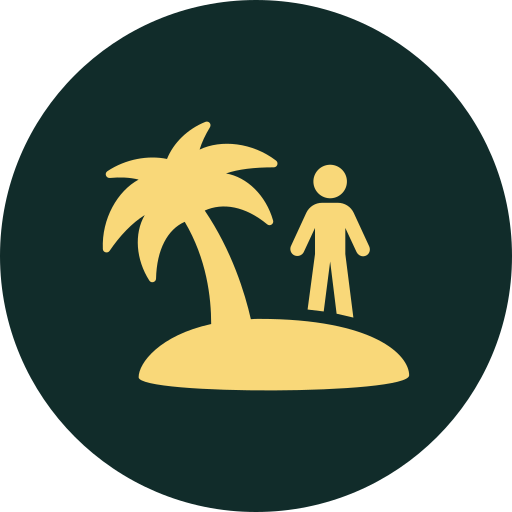
Make Space to Be Alone
One of the most fundamental things you can start to do is to get used to being alone. If you are not currently involved with a romantic partner, take time to do this.
It can be difficult to spend time alone if you’re not used to doing it. Thankfully, the more often you spend time alone, the easier it will become. Consider taking time from your daily life to turn your phone on airplane mode. Once you’ve done this, do whatever you need to do in order to slow yourself down.
Some people choose to on long walks. Others find value in opening up a book and reading. If you haven’t tried meditating before, consider giving it a shot. There are various guided meditations that you can find by performing a simple internet search.
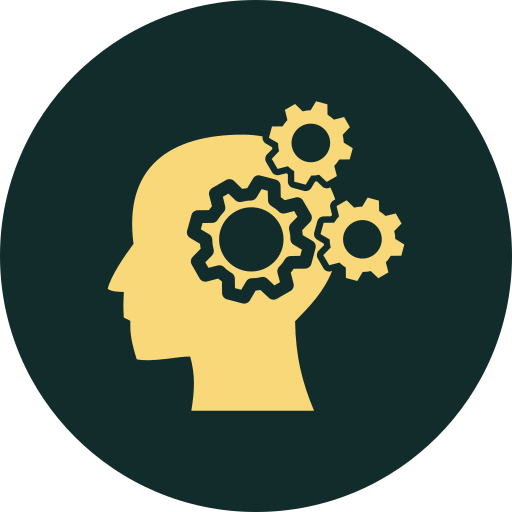
Take Notice of Recurring Patterns
Most people who are love addicts will behave similarly every time they are in a relationship. This is why it’s helpful to spend time reflecting on your past relationships. Ask yourself where you see patterns.
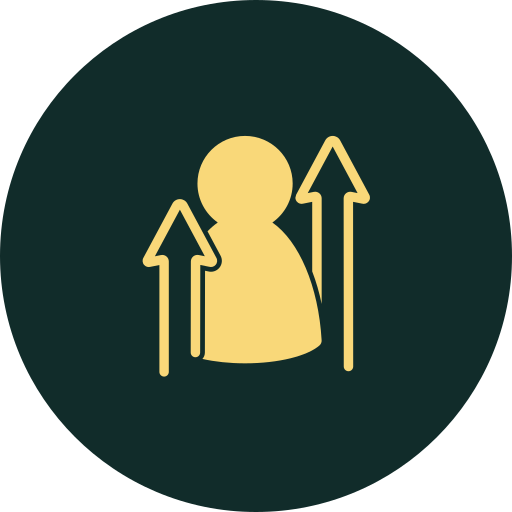
Prioritize Your Personal Growth
One of the most effective ways to overcome love addiction is by falling in love with yourself. People who experience love addiction tend to prioritize the well-being of others above their own well-being. If you can start setting the simple goal of putting yourself first, you’re likely to start getting better.
There are many easy ways to invest in your personal growth. Some people choose to sign up to take a course or a class that interests them. Others choose to start a daily yoga or exercise routine. There are also many people who set up regular sessions with a behavioral healthcare professional who can help them make sense of their experience.
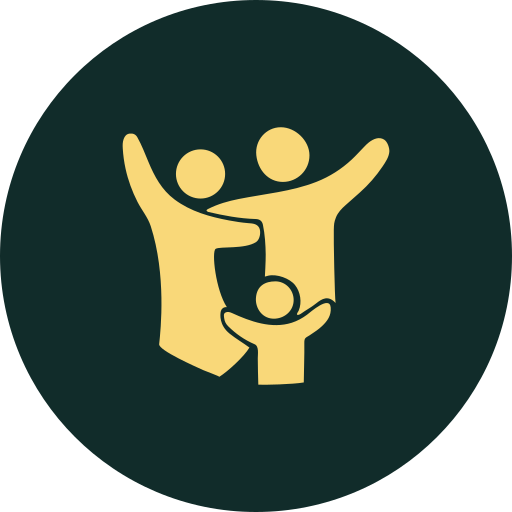
Get Help from Friends and Family
Even if you feel like you’ve turned your back on many people to who you are close, chances are that there is somebody in your life who you can speak with when you feel that you need support.
Along with getting help from friends and family, you should also consider joining a support group. There are many options, both online and offline, for connecting with those who struggle with love addictions. By getting together with others you can support each other to start living healthier and happier lives.
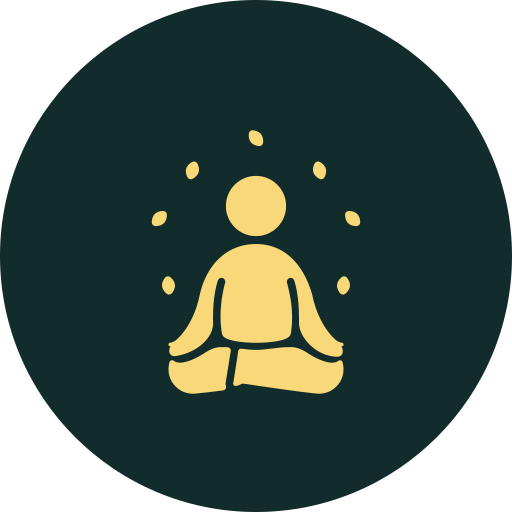
Develop Healthy Coping Skills
Once you’re on the way to overcoming your addiction, it’s important that you develop the right healthy coping skills.
No matter what your situation is, you’re going to face relapse triggers. These triggers will make you crave the kind of love that you were once addicted to. By developing healthy coping skills, it will be easier for you to not respond to these cravings.
Getting Help
There are many people who suffer from love addiction and don’t even know it. Thankfully, if you do have a love addiction, one of the biggest steps that you can take to overcome your illness is to recognize that you have a problem.
If you think that you’re suffering from love addiction and need assistance, we’re here to help you get better. We offer a variety of dual diagnosis addiction treatment programs.
Related Topics
Our Services
Clinically Reviewed By:
Deanna J. Crosby, M.A., LMFT, LAADC, Psy.D. (C)
Deanna Crosby is a Licensed Marriage and Family Therapist (LMFT) with over 20 years of experience working with clients in recovery. Her expertise has catapulted her into the spotlight. Featured on several episodes of the Dr. Phil Show as a behavioral health expert, DeAnna is a routine contributor for NBC News, The Huffington Post, Elle Magazine, MSN, Fox News, Yahoo, Glamour, Today, and several other prominent media outlets.
After receiving her bachelor’s degree from the University of California in Irvine, Crosby did postgraduate work at Centaur University where she graduated at the top of her class with a CAADAC certification in Centaur’s chemical dependency program. Following her time at Centaur, Crosby received her Master of Counseling Psychology degree from Pacifica Graduate Institute, where she also attained a Doctoral Degree in Depth Psychology.
TAKE THE FIRST STEP
From all of us at New Method Wellness co-occurring treatment center, we wish you peace and serenity in knowing that you or your loved one will get the necessary help.
ACCREDITED BY:
